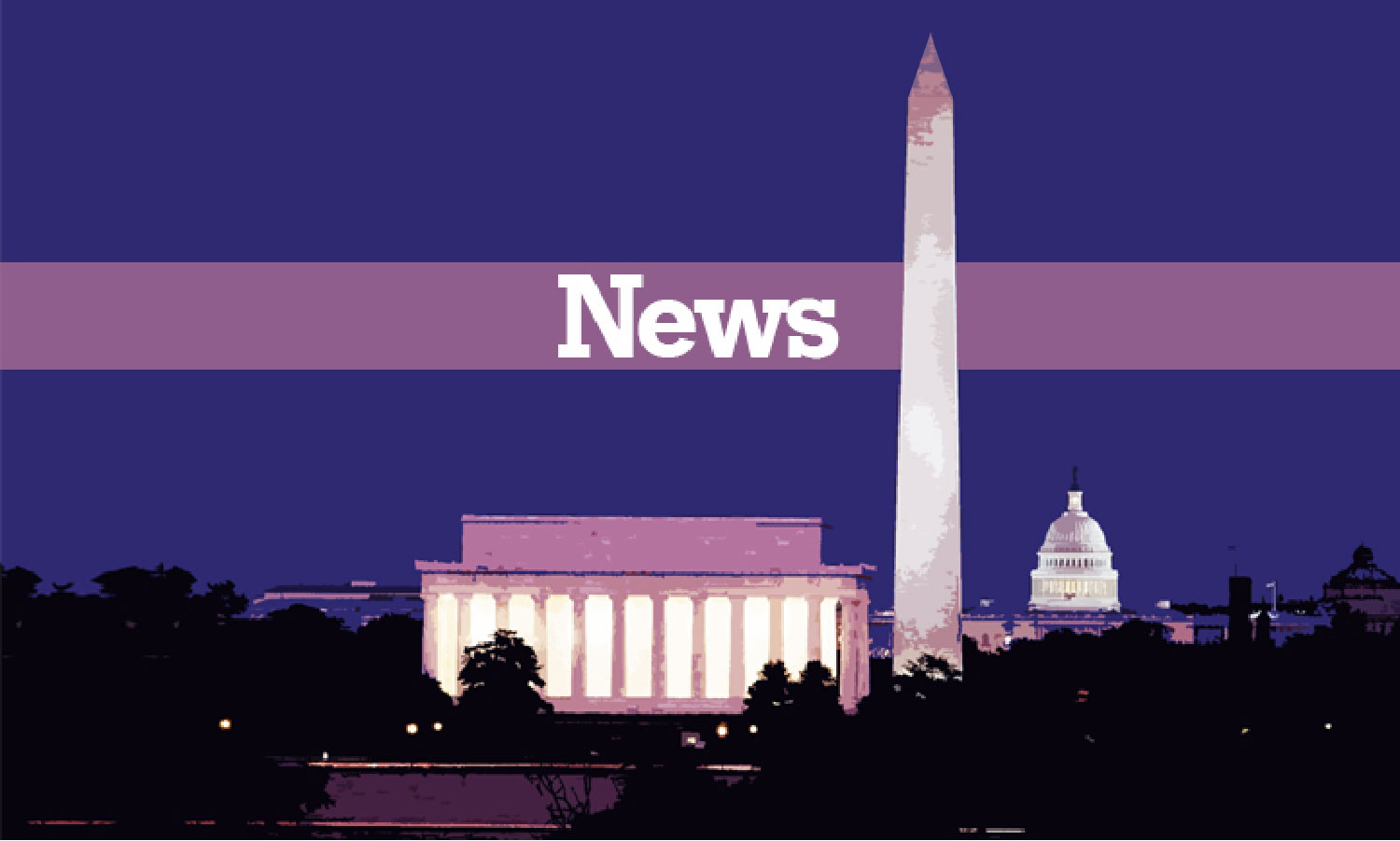The 2021 Washington Metropolitan Area Transit Authority budget proposal includes provisions for combining current bus routes, reducing late night and early morning hours, and adding a surcharge for cash-paying customers, all of which have drawn strong opposition from Georgetown residents. The proposal would also amend payments and fees for both bus and rail service. Metro is taking public comments until March 2 at 5 pm.
Students, faculty, and staff worry about the effects these changes would have on the university, which is the largest private employer in D.C. Reduced coverage adds difficulties to employee commutes to campus as well as students living off-campus trying to reach their classes.
The new system would consolidate the G2 and D2 buses, taking the stops at Car Barn and the Healy front gate off the route. The D5 bus along MacArthur Boulevard would be wholly eliminated, and the D6 bus is set to lose late night service and have other major schedule alterations. One of the major concerns for Georgetown residents and employees is the loss of access to convenient public transit, especially without a close Metro rail station and with some of the bus connections to stations being cut.
The proposed budget also includes changes to payment structure. Riders would pay a $2 flat rate on weekends to use rail service, no matter the distance or time. Metro says this change was aimed at making public transit more financially attractive to riders, especially families. Riders will also experience fee increases during rush hour, at an average of less than 50 cents per person. Additionally, the 4 percent of cash-paying bus riders would face a 25-cent surcharge, though Metro says this is a service improvement tactic to increase efficiency and incentivize use of the SmarTrip card.
According to Metro’s Media Relations Office, these alterations are part of standard industry practice. “You want to take a look at the service you provide and modify it as appropriate to ensure that you are matching your service with ridership demands. Trends change,” a spokesperson said.
The proposed alterations take into account budget restrictions and desire for greater efficiency in the system. Furthermore, the elimination of late night service is an end to a temporary measure that was used to compensate for rail closures in 2016 and 2017. According to Metro, the agency added hours to the schedules of their buses during emergency maintenance periods, and these new actions are a return to previous schedules.
Nonetheless, the reduction in service threatens the commutes of many employees and students who rely on public transit to reach the university, as well as impacting small business owners in the neighborhood.
Kishan Putta, a Ward 2 ANC commissioner has called on Metro to increase bus service instead of reducing it and extend the comment period beyond March 2. “[Residents] either don’t have a car or don’t want to contribute to the congestion of our city. We need to encourage that, not discourage that,” he said.
“It was disappointing because they didn’t really justify why they had to do this,” Putta said of his visits to Metro headquarters to request clarification about the changes. “I’m glad the University is speaking up. It’s going to be bad for students, for residents, and for businesses.”
The university also sees the potential obstacles the proposal presents and has relied on three avenues of action to address the concerns. According to Director of Local Government Affairs Heidi Tseu, a university representative spoke at a hearing on Wednesday and has coordinated with ANC commissioners to express its concerns to local government officials.
A university letter to the WMATA Board, linked in a recent university email, explained the challenges these alterations would pose to riders with disabilities or mobility restrictions and said they would “undermine critical transportation priorities and commitments the university has established” in conjunction with local and D.C. government. “Access to [the] public transportation system is essential to our university community and relates directly to matters of equity, sustainability, and quality of life,” it read.
“We absolutely recognize that anytime you touch anyone’s bus or anyone’s trip, it’s important to them,” a Metro spokesperson said. “We really want the public to participate in this process.”
Putta and others intend to continue making their needs known to Metro. “I am confident that Metro will see the wisdom of not moving forward on these cuts,” he said.





